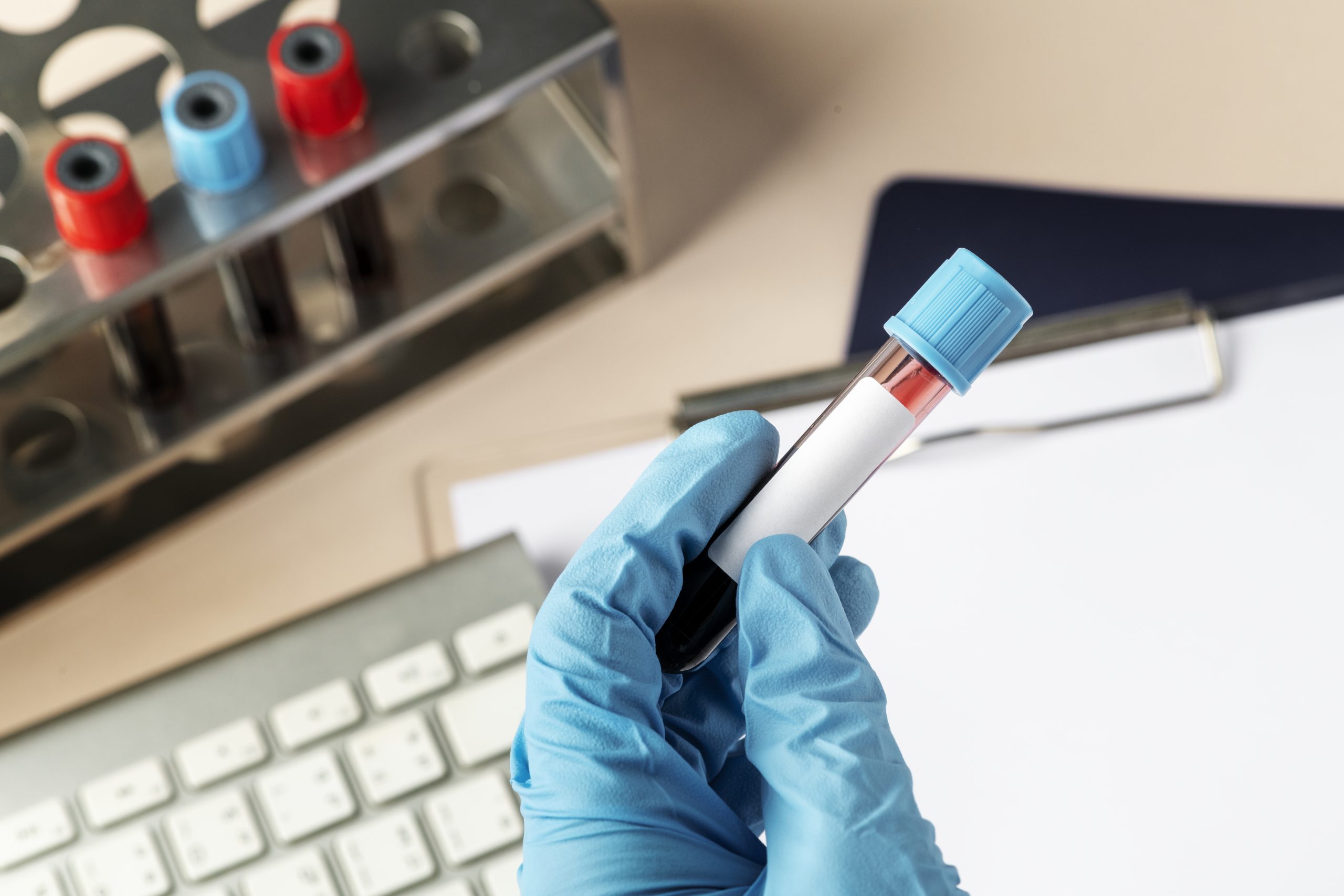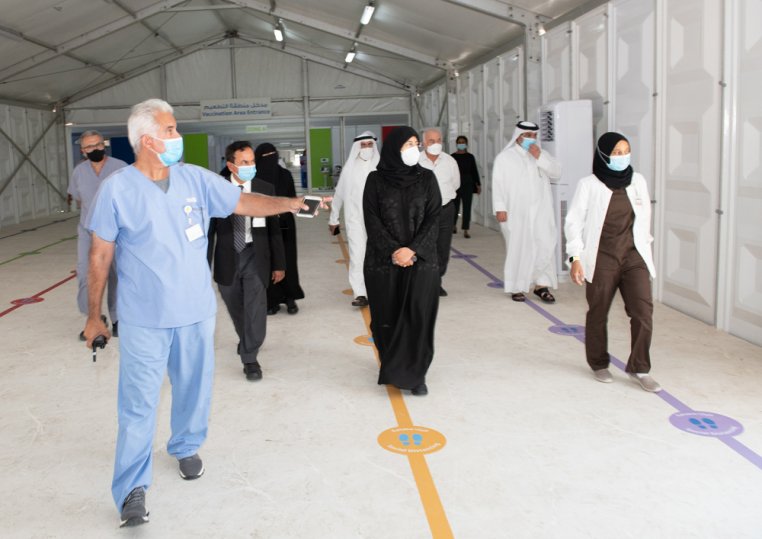Physical activity is not only vital to maintaining a healthy body as we grow older but it is just as important for children and their growing bodies. Technology and the limited access to outdoor areas in the summer deprive children and the rest of the family of the physical activity they all require in order to stay fit and healthy. Childhood activities should offer a wide range of play-based, physically active learning experiences which will challenge their bodies as well as their minds. Starting children off with physical activities at a younger age can help ward of diseases later in their life.
These activities do not have to be elaborate plans, they can be as simple as playing catch, flying a kite, joining a dance class or swimming in a pool. The more fun a child has during a physical activity the more likely they will look forward to it next time.
The benefits of being active for young children include:

- It strengthens the heart:The heart is a muscle that, like other muscles, improves when challenged by exercise. It will get stronger with more activity and will ward off heart diseases in the future by regulating blood pressure and keeping the veins and arteries clear.

- Good for emotional well-being:
- It helps boost a child’s confidence and increases happiness. Physical activity helps them to take out their energy through productive means.

- It helps boost a child’s confidence and increases happiness. Physical activity helps them to take out their energy through productive means.
- Strengthens lungs:
- Running and activity increases air flow into the lungs which will make them stronger over time. This results in more oxygen going in the body and more carbon dioxide being expelled.

- Running and activity increases air flow into the lungs which will make them stronger over time. This results in more oxygen going in the body and more carbon dioxide being expelled.
- Reduces blood sugar levels:
- Physical exercise prevents glucose from accumulating in the body as it used up to provide energy for the activity. This reduces the risk of diabetes in the future.

- Physical exercise prevents glucose from accumulating in the body as it used up to provide energy for the activity. This reduces the risk of diabetes in the future.
- Improves social skills:
- Develops skills such as teamwork and allows children to learn how to engage in social settings with playing with other children.

- Develops skills such as teamwork and allows children to learn how to engage in social settings with playing with other children.
- Controls weight:
- Activity prevents the accumulation of sugar and a physically active child may have a deficit of calories, which takes fat away and lowers weight. However, be sure that a child takes in the appropriate nutrients in order to remain healthy and not lose too much weight.

- Activity prevents the accumulation of sugar and a physically active child may have a deficit of calories, which takes fat away and lowers weight. However, be sure that a child takes in the appropriate nutrients in order to remain healthy and not lose too much weight.
- Strengthens bones:
- Exercise increases bone density and enables the ease of physical activity in the future. This also helps prevent osteoporosis, a condition in which bones lose density, weaken, and become fragile.

- Exercise increases bone density and enables the ease of physical activity in the future. This also helps prevent osteoporosis, a condition in which bones lose density, weaken, and become fragile.
- Reduces lethargy:
- An active child will never be lazy, as their body will be accustomed to physical activity.

- An active child will never be lazy, as their body will be accustomed to physical activity.
- Improves sleeping patterns:
- As an active child will use up most of their energy being active during the day, it’ll be easier to put them to bed as their bodies will be tired, but awake the next day for more activity.
Sources:
https://www.dsr.wa.gov.au/support-and-advice/participation/youth/active-parent-education-kit/benefits-of-physical-activity-for-your-children
https://www.parents.com/fun/sports/exercise/10-benefits-of-physical-activity/
By N.M






Leave A Comment
You must be logged in to post a comment.